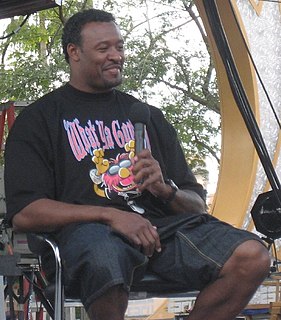A Quote by G. Willow Wilson
There's a burden of representation that comes into play when there aren't enough representatives of a certain group in popular culture.
Quote Topics
Related Quotes
Popular culture as a whole is popular, but in today's fragmented market it's a jostle of competing unpopular popular cultures. As the critic Stanley Crouch likes to say, if you make a movie and 10 million people go see it, you'll gross $100 million - and 96 per cent of the population won't have to be involved. That alone should caution anyone about reading too much into individual examples of popular culture.
When I was 15 years old, my cousin and I formed a singing group called The Altaires. And, because we became the most popular singing group in the Tri-State area, the rest of the group convinced me I should play the guitar - even though I didn't own one! So what happened was, my stepfather actually made my first electric guitar for me for $23!
I think we really need a movement to drive how popular culture understands the issues that feminists care about. When I think about the LGBT movement for example, they have had a really intentional strategy to try to change images and representation of LGBT people in the media and the culture. It really moved the dial politically. That's what is needed in the women's movement - a strategy that can drive awareness and culture change.
I think there ought to be some serious discussion by smart people, really smart people, about whether or not proliferation of things like The Smoking Gun and TMZ and YouTube and the whole celebrity culture is healthy. We've switched from a culture that was interested in manufacturing, economics, politics - trying to play a serious part in the world - to a culture that's really entertainment-based. I mean, I know people who can tell you who won the last four seasons on American Idol and they don't know who their [bleeping] Representatives are.






































